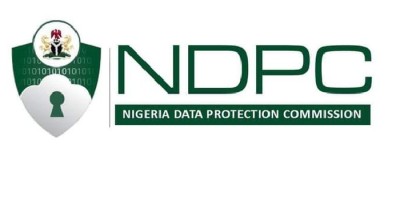The WHT Regulations 2024 and what businesses should expect
Posted on Wed 3 Jul 2024
- Download Resource
In exercise of powers conferred on him by various tax statutes, the Minister of Finance and Coordinating Minister of the Economy has issued the Deduction of Tax at Source (Withholding) Regulations 2024 (“WHT Regulations 2024”), which took effect on July 1, 2024, and these regulations supersede any other regulation governing deductions at source or WHT.

The WHT Regulations 2024 were issued to address ambiguities and other challenges faced in the implementation of previous WHT regimes, which resulted in difficulties in compliance. Small and medium scale enterprises were the worst hit by the compliance problems, which strained their working capital and productivity. Those challenges adversely impacted and effectively defeated the primary objective of the introduction of the WHT regime (in 1997), which is to provide government with a sustainable source of revenue flow and to serve as a means of checking tax evasion.
Key changes introduced by the WHT Regulations 2024 include: (i) introduction of a simplified and unified WHT regime for capital gains tax, companies’ income tax, petroleum profits tax, and personal income tax; (ii) exemption from WHT of across-the-counter transactions (which should favour small businesses); (iii) exemption from WHT of interest and fees paid to a Nigerian bank by way of direct debit of the funds which are domiciled with the bank; (iv) ease of obtaining tax credits and utilization of taxes deducted at source; (v) exemptions for manufacturers and producers; (vi) exemption from WHT of insurance premiums and imported goods where the transaction does not create a taxable presence in Nigeria for the foreign supplier; (vii) reduced rates for businesses with low margins and a simplified compliance procedure which should ease the strain on the working capital and productivity of small and medium scale enterprises; (viii) clarity on the timing of deduction and definition of key terms such as “across the counter transactions”, “manufacturing” or “production”, “connected persons”, “professional fees” and “winning”, which should improve administrative efficiency; (ix) introduction of measures to curb tax evasion and minimize tax avoidance; and (x) introduction of changes to reflect emerging issues and adopt global best practices in the country’s WHT regime.

Kindly note that the ideas expressed in this comment are not to be taken as legal or tax advice to readers. Taxpayers are encouraged to consult their tax lawyers for advice regarding the implications of the WHT Regulations 2024 for their business.














